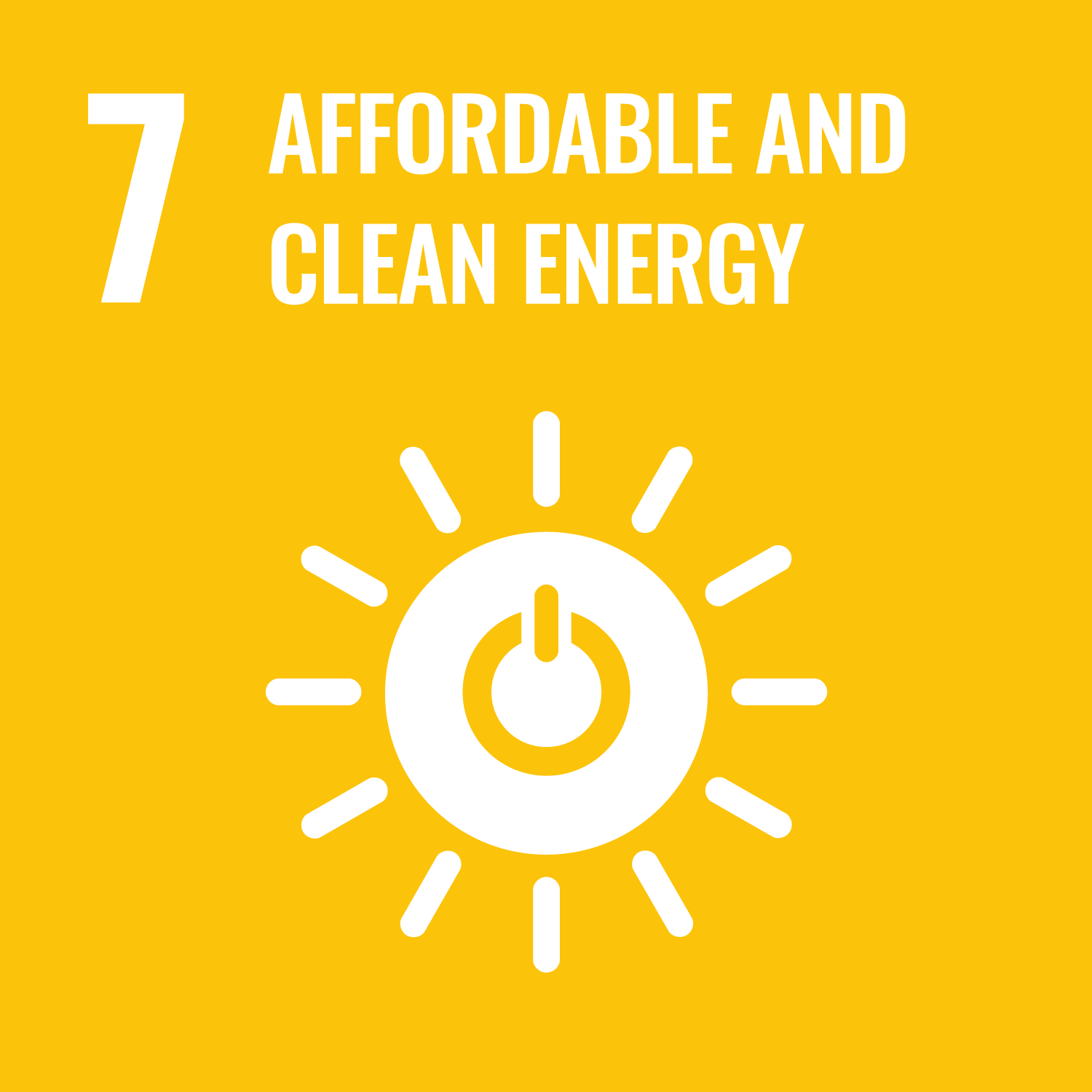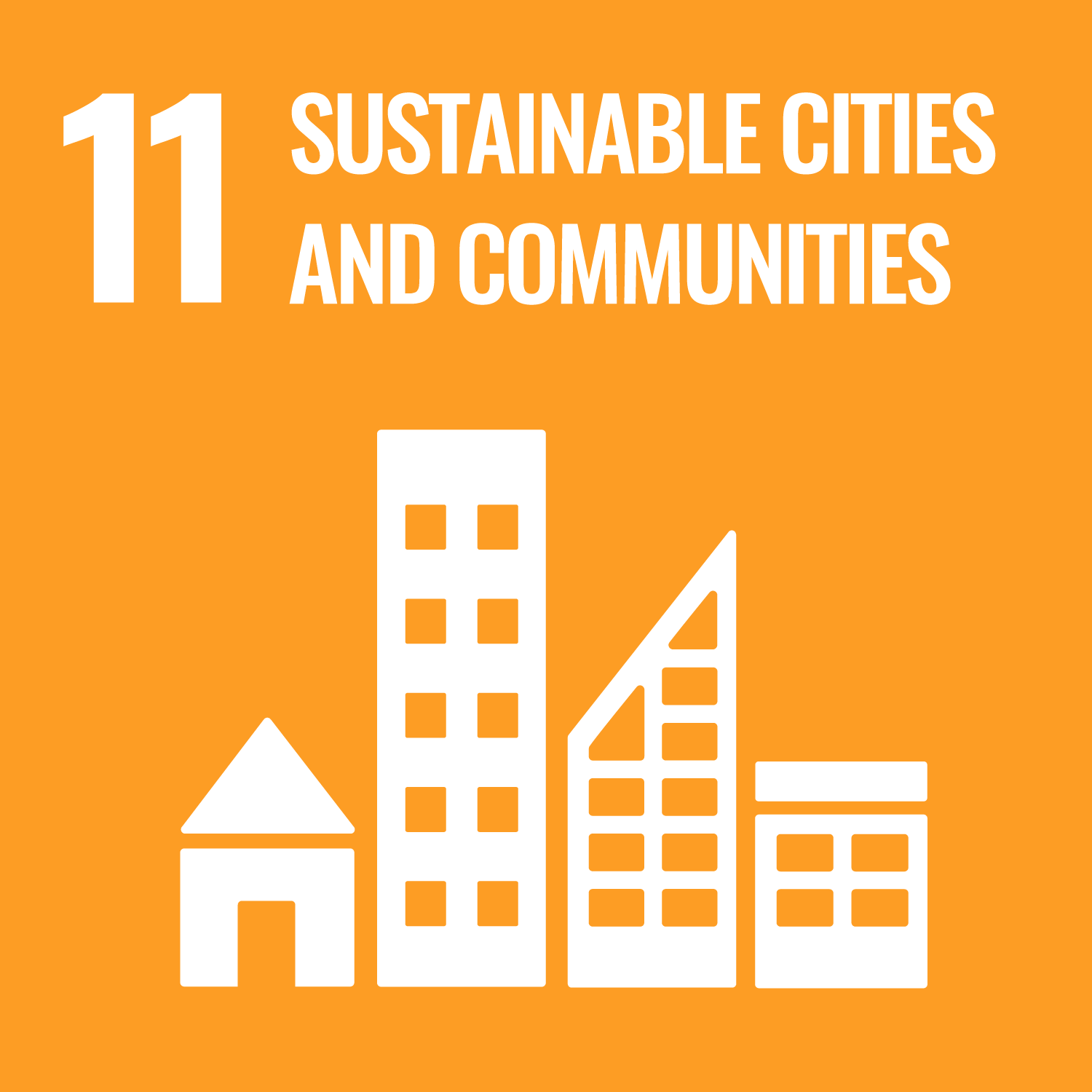ORCID
- Emma V. Sheehan: 0000-0002-1066-8237
Abstract
Extensive development and construction in marine and coastal systems is driving a phenomenon known as “ocean sprawl”. Ocean sprawl removes or transforms marine habitats through the addition of artificial structures and some of the most significant impacts are occurring in sedimentary environments. Marine sediments have substantial social, ecological, and economic value, as they are rich in biodiversity, crucial to fisheries productivity, and major sites of nutrient transformation. Yet the impact of ocean sprawl on sedimentary environments has largely been ignored. Here we review current knowledge of the impacts to sedimentary ecosystems arising from artificial structures. Artificial structures alter the composition and abundance of a wide variety of sediment-dependent taxa, including microbes, invertebrates, and benthic-feeding fishes. The effects vary by structure design and configuration, as well as the physical, chemical, and biological characteristics of the environment in which structures are placed. The mechanisms driving effects from artificial structures include placement loss, habitat degradation, modification of sound and light conditions, hydrodynamic changes, organic enrichment and material fluxes, contamination, and altered biotic interactions. Most studies have inferred mechanism based on descriptive work, comparing biological and physical processes at various distances from structures. Further experimental studies are needed to identify the relative importance of multiple mechanisms and to demonstrate causal relationships. Additionally, past studies have focused on impacts at a relatively small scale, and independently of other development that is occurring. There is need to quantify large-scale and cumulative effects on sedimentary ecosystems as artificial structures proliferate. We highlight the importance for comprehensive monitoring using robust survey designs and outline research strategies needed to understand, value, and protect marine sedimentary ecosystems in the face of a rapidly changing environment.
DOI Link
Publication Date
2017-01-01
Publication Title
Journal of Experimental Marine Biology and Ecology
Volume
492
ISSN
0022-0981
Acceptance Date
2017-01-01
Embargo Period
2024-01-04
First Page
31
Last Page
48
Recommended Citation
Heery, E., Bishop, M., Critchley, L., Bugnot, A., Airoldi, L., Mayer-Pinto, M., Sheehan, E., Coleman, R., Loke, L., Johnston, E., Komyakova, V., Morris, R., Strain, E., Naylor, L., & Dafforn, K. (2017) 'Identifying the consequences of ocean sprawl for sedimentary habitats', Journal of Experimental Marine Biology and Ecology, 492, pp. 31-48. Available at: 10.1016/j.jembe.2017.01.020




